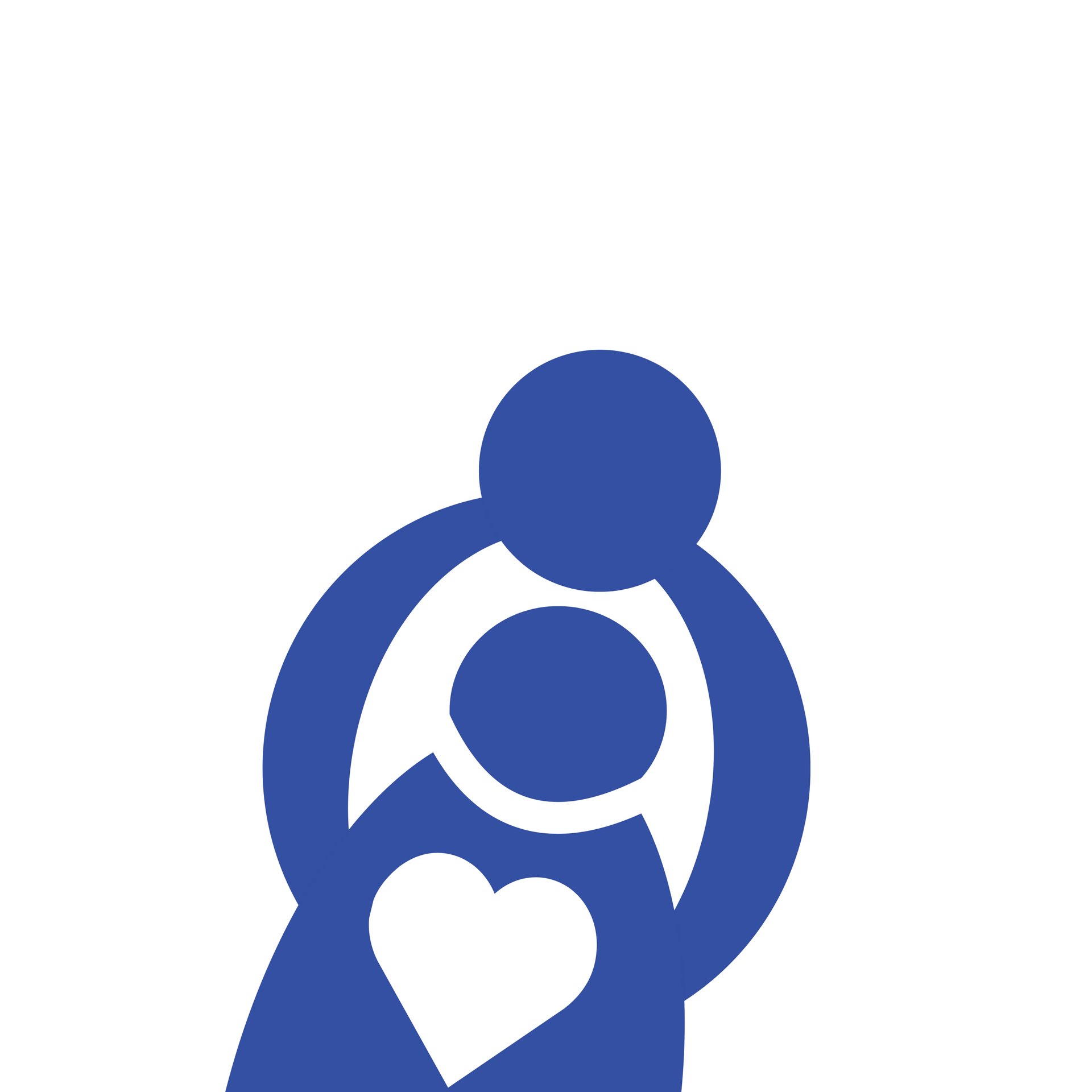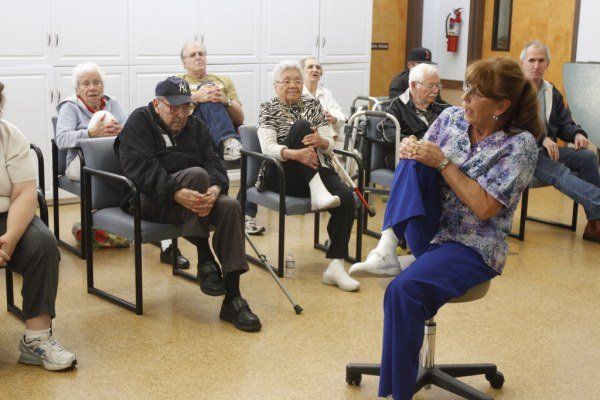Plans for old county hospital include adult day health care expansion
By Anne Ternus-Bellamy
The grounds of the old Yolo General Hospital in Woodland likely will look very different in a couple of years as the county moves forward with plans to convert the property at the corner of Beamer and Cottonwood streets into multi-family housing for mentally ill, homeless and low-income residents.
And while the Yolo Adult Day Health Center, located on the northwest edge of the property, will continue to operate during construction, the plans also allow for expansion of the center, making it possible to meet the growing need for services.
Currently, the center has 30 people on its waiting list, unable to access services because the building is already filled to capacity most days.
Plans approved by the county Board of Supervisors earlier this month would leave vacant the land just east of the center in order to allow for future expansion.
Meanwhile, the rest of the county-owned property would be transformed into about 80 housing units, including 17 for the mentally ill, eight for homeless individuals and 55 for low-income residents.
Phase 1 of the project would include 50 units with funding coming from the Mental Health Services Act and other sources, including tax credits and possibly a Section 8-backed mortgage or veterans housing bond.
With the board’s action this month, the county can now move forward with financing plans and demolition of the old hospital. Meanwhile, a working group will formulate plans for expanding the Adult Day Health Center.
That the center would be co-located where mentally ill, previously homeless and low-income individuals are living could be ideal, proponents of the plan have noted.
The center currently serves 94 clients, providing socialization, exercise and care by a team of nurses, therapists, social workers and activity directors.
The average client age is 75, but there are clients as young as 18 who are unable to care for themselves on their own because of traumatic brain injuries or mental illness. Nearly 40 percent of clients have a mental illness ranging from depression to schizophrenia and 54 percent suffer from dementia.
Two-thirds of clients need assistance with basic care like dressing, bathing and using the bathroom.
Many ADHC clients have primary caregivers who work full-time or are simply no longer able to care for their loved ones 24 hours a day, so they come to the center up to five days a week, Monday through Friday. Without the center, most would be in nursing homes.
That’s why the center was created 30 years ago, the result of a grassroots effort by Yolo County residents to find alternatives to 24-hour nursing home care — a place that would allow individuals to continue living with family while still receiving essential care when family members weren’t available.
Following the creation of an Adult Day Health Planning Council in 1978, funds were procured from the state and, in 1983, ground was broken on county land behind Yolo General Hospital, creating California’s first built-to-purpose adult day health center, which opened its doors in 1984.
Initially, the county contracted with Eskaton Health Corp. to run the center’s day-to-day operations; then in 1998, those duties were taken over by Woodland Healthcare — since renamed Dignity Health: Woodland Healthcare — which remains the service provider today.
The Friends of Adult Day Health Care, meanwhile, have remained active and essential in keeping the center running, constantly fundraising for programs and upkeep. That fundraising is key, because while Medi-Cal pays for adult day health care, it doesn’t cover the full cost of services.
According to Dawn Purkey, program director at the center, 74 percent of ADHC clients are on Medi-Cal, which pays $76.27 per day of attendance. But the center’s actual cost is $103 per day, she said, with the difference covered by fundraising.
With the funding present to provide the services, it’s only physical space that limits the center’s ability to serve all those in need.
“They can add people if they have space,” noted Supervisor Jim Provenza of Davis. “So this is unique opportunity to expand a service.”
And co-locating housing for the mentally ill and others who might benefit from adult day health care is an added benefit, he noted.
Provenza and his colleagues on the board voted unanimously to move ahead with the housing project and to create a working group on ADHC expansion at their last meeting of the year.
Purkey, who has envisioned expansion for a number of years, described it as “a happy day for me.”
“We are serving at capacity every day,” she said. “This will allow us to serve more who need it and provide additional services.”
A Yolo Adult Day Health Center staffer leads some chair calisthenics in October 2011.
The center's services are maxed out due to lack of space, but an expansion could be on the horizon. Sue Cockrell/Enterprise file photo


